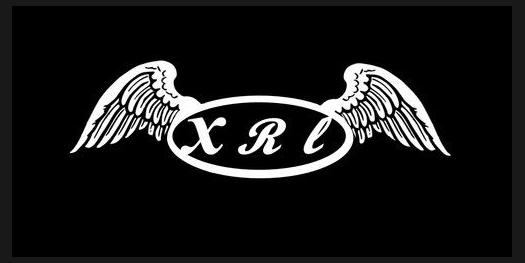 XRL
XRL
XRL: The Unstoppable Force of Brazilian Rock
Origins and Rise to Fame
XRL, an acronym for "Ximbau, Robertinho and Léo", emerged from the vibrant music scene of Rio de Janeiro in the early 2000s. The trio, comprising vocalist Ximbau, guitarist Robertinho de Recife, and bassist Léo Almeida, quickly gained traction with their infectious melodies, powerful lyrics, and electrifying live performances. Their breakthrough single, "Incontrolável," became an instant anthem, propelling them to national recognition.
Controversies and Challenges
Despite their immense popularity, XRL's path was not without its obstacles. In 2005, Robertinho's departure from the band due to personal reasons sent shockwaves through the music industry. The remaining members soldiered on, bringing in guitarist Chico Chico to fill the void.
XRL also faced criticism for their outspoken lyrics, which often addressed sensitive social and political issues. Their song "Semáforo," a critique of the Brazilian traffic system, sparked heated debates and ruffled feathers within the government.
Discography and Evolution
XRL's discography spans over two decades and includes seven studio albums. Each record showcases their eclectic musical influences, ranging from traditional Brazilian rhythms to hard rock and electronic elements. Their sophomore album, "Deixa Entrar," marked a shift towards a more introspective and personal style, while their latest release, "Horizonte," reflects a renewed sense of hope and resilience.
Members and Legacy
Ximbau, the charismatic frontman, remains the cornerstone of the band's identity. His powerful vocals and energetic stage presence have endeared him to countless fans. Robertinho, as the original guitarist, played a pivotal role in shaping XRL's signature sound. Léo's steady basslines provide the foundation for the band's infectious grooves.
XRL's legacy extends far beyond their musical achievements. They have become icons of Brazilian rock, inspiring a generation of musicians and promoting social awareness through their music. Their timeless hits continue to resonate with audiences, cementing their place as one of the most influential bands in Brazilian history.
Origins and Rise to Fame
XRL, an acronym for "Ximbau, Robertinho and Léo", emerged from the vibrant music scene of Rio de Janeiro in the early 2000s. The trio, comprising vocalist Ximbau, guitarist Robertinho de Recife, and bassist Léo Almeida, quickly gained traction with their infectious melodies, powerful lyrics, and electrifying live performances. Their breakthrough single, "Incontrolável," became an instant anthem, propelling them to national recognition.
Controversies and Challenges
Despite their immense popularity, XRL's path was not without its obstacles. In 2005, Robertinho's departure from the band due to personal reasons sent shockwaves through the music industry. The remaining members soldiered on, bringing in guitarist Chico Chico to fill the void.
XRL also faced criticism for their outspoken lyrics, which often addressed sensitive social and political issues. Their song "Semáforo," a critique of the Brazilian traffic system, sparked heated debates and ruffled feathers within the government.
Discography and Evolution
XRL's discography spans over two decades and includes seven studio albums. Each record showcases their eclectic musical influences, ranging from traditional Brazilian rhythms to hard rock and electronic elements. Their sophomore album, "Deixa Entrar," marked a shift towards a more introspective and personal style, while their latest release, "Horizonte," reflects a renewed sense of hope and resilience.
Members and Legacy
Ximbau, the charismatic frontman, remains the cornerstone of the band's identity. His powerful vocals and energetic stage presence have endeared him to countless fans. Robertinho, as the original guitarist, played a pivotal role in shaping XRL's signature sound. Léo's steady basslines provide the foundation for the band's infectious grooves.
XRL's legacy extends far beyond their musical achievements. They have become icons of Brazilian rock, inspiring a generation of musicians and promoting social awareness through their music. Their timeless hits continue to resonate with audiences, cementing their place as one of the most influential bands in Brazilian history.